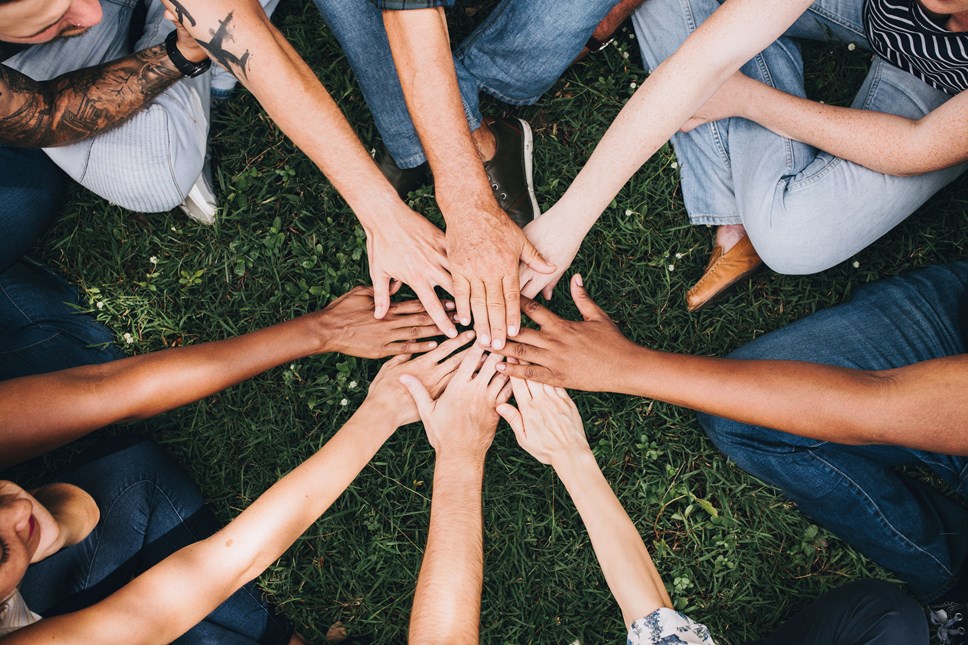A quarter of UK employees don’t feel they fit in at work, new research from employee engagement experts Inpulse, has revealed, as experts warn that whilst D&I (Diversity & Inclusion) may have been talked about last year it has inadvertently been ‘left behind’ during the pandemic.
According to data compiled between January and December 2020 from 11,000 employees, 25 per cent said they did not feel they could fully be themselves, while 33 per cent said they did not feel their company took D&I seriously.
The year-long research backs up a poll1 carried out by Inpulse in December which showed stark differences in respondents feeling either a sense of belonging or opportunity across demographics. While 56 per cent of respondents said they felt a sense of belonging overall, just 29 per cent of those who identified as either Black or Black British said the same. In addition, over half of this demographic said they felt unable to ‘voice a contrary opinion’ due to fear of negative consequences.
Inpulse define inclusion as the culture in which a diverse mix of people who work together feel comfortable and confident to be themselves and work in a way which suits them and the needs of the business. But there are fears that D&I may have taken a backward step over the last year despite #BlackLives Matter and #TransRights movements.
In an Inpulse-facilitated roundtable discussion with Nestle Cereal Partners, Gharry Eccles, VP Cereal Partners (Nestle), said: “This is not about inclusive leadership but active inclusion, where every process and every team is part of an inclusive culture. Senior leaders need to blend the traditional leadership qualities with vulnerability, cultural intelligence and empathy if they are to help middle managers embrace it for their teams. It’s not easy. Taking a temperature check to understand if you’re lagging or leading is important”.
Matt Stephens, CEO and Founder of Inpulse, added: “Our research found that 1 in 4 don’t feel they fit in at work – that’s a critical issue. Whilst organisations undoubtedly made some noise during last year and some made changes, in large part nothing really changed. We must continue to challenge ourselves to keep talking about issues such as white privilege and latent exclusion – the more we talk and keep the issues in focus, the more chance something will happen.
“We recognise that conversations around these areas can be uncomfortable: indeed, a quarter of respondents to our survey earlier in the year showed people feel apprehensive talking about these issues. However, we can also see from the survey that open discussion can lead to people feeling more valued, confident and hopeful. We can’t become complacent about inclusion, we need to work hard to change hearts and minds.”
